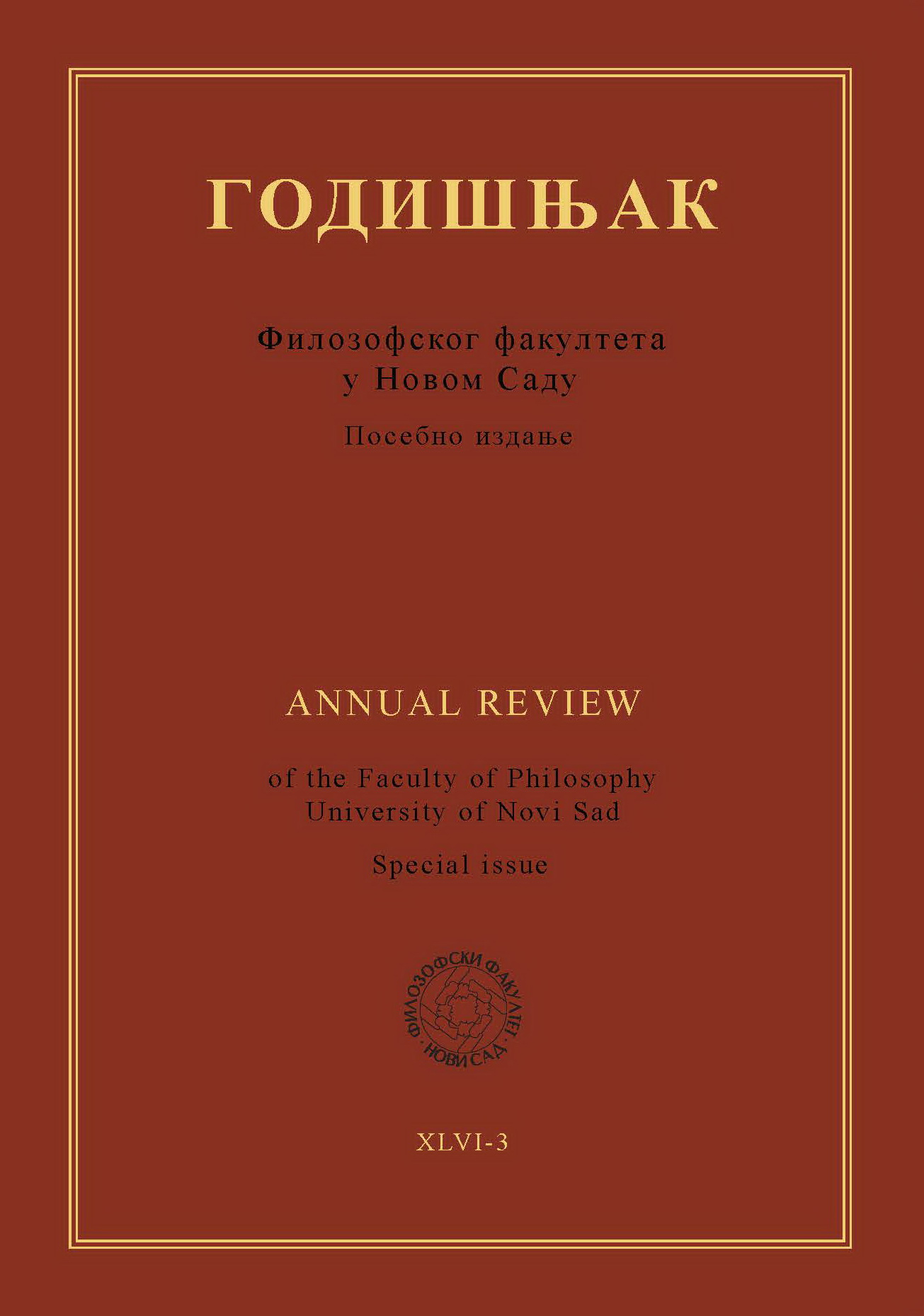SOME REFLECTIONS ON FRENCH POETRY DURING WORLD WAR II
Main Article Content
Abstract
During World War II in France some poets considered themselves to have a significant social role and became porte-paroles of the oppressed. They took part in hand-to-hand fight, but also with a pencil in hand, raising their voices to declare their faith in freedom and show that their patriotic verses could become a deadly weapon against the Nazi occupation and the suffering of the people. The poets therefore became messengers of peace and hope, and the fighters memorized their poems or distributed them legally or secretly. But it’s possible to look at things from a different angle: there were a number of poets who refused any literary engagement, as was the case with the former Surrealists, then there were poets engaged on the side of the Collaboration, and there were those who refused to or even they couldn’t publish their works under the Occupation for various reasons: material, moral or other. This paper deals with this topic, which is in fact very large and complex, taking into account the limitations of the article.
Downloads
Article Details

This work is licensed under a Creative Commons Attribution-ShareAlike 4.0 International License.
References
Bervas-Leroux, A. (2006). Au nom de la liberté. Poèmes de la Résistance. Paris : Flammarion.
Char, R. (1983). Œuvres complètes. Introduction de Jean Roudaut. Paris : NRF – Gallimard.
Ducey, B. (2008). La Résistance en poésie. Des poèmes pour résister. Paris : Magnard.
Éluard, P. (1968). Œuvres complètes. Tome 1. Édition établie par Marcelle Dumas et Lucien Scheler. Paris : Gallimard.
Enseigner la Résistance (2020). Consulté le 12 octobre 2020, disponible surhttps://www.reseau-canope.fr
Garnaud, D. (2013). Les mutations de la rhétorique dans l’écriture de Guillevic. (Thèse de doctorat). Bordeaux : Université Michel de Montaigne-Bordeaux 3.
Guillevic, E. (2001). Art poétique. Précédé de Paroi et suivi de Le Chant. Paris : Gallimard.
Lacombe, H. (2013). Francis Poulenc. Paris : Fayard.
Le Guern-Camara, G. (2011). La Poésie engagée. Paris : Belin – Gallimard.
Maulpoix, J.-M. (2009). Pour un lyrisme critique. Paris : José Corti.
Péret, B. (1945). Le Déshonneur des poètes. Paris : José Corti. Consulté le 12 octobre 2020, disponible sur https://www.benjamin-peret.org/benjamin-peret/extraits-de-loeuvre/13-la-revolution/61-le-deshonneur-des-poetes.html
Poésie de la Résistance. In: Coupedouble.com. Consulté le 12 octobre 2020, disponible sur http://www.copiedouble.com/content/poésie-de-la-résistance
Sghers, P. (2004). La Résistance et ses poètes. Tome 1. (France 1940/1945). Paris : Éditions Seghers.




